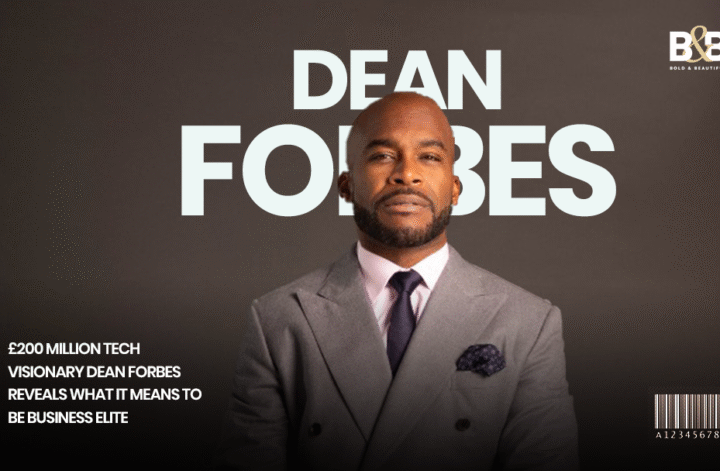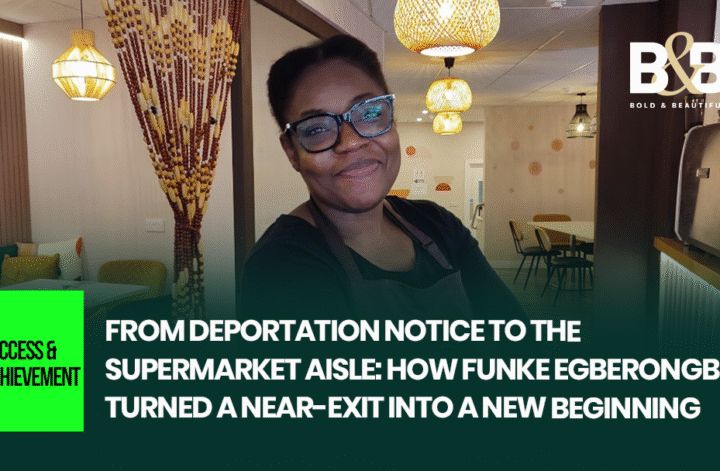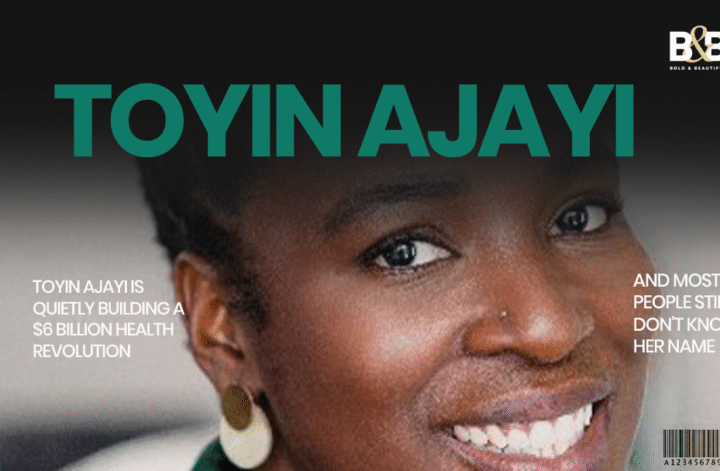Dean Forbes, the British tech entrepreneur, now reportedly worth over £200 million, has built and sold four highly successful businesses, each exit reinforcing his reputation as one of the most formidable leaders in the technology sector.
Yet when Forbes speaks about success, it is not money or prestige he highlights, but the discipline, humility, and conviction it takes to remain elite in an ever-evolving world.
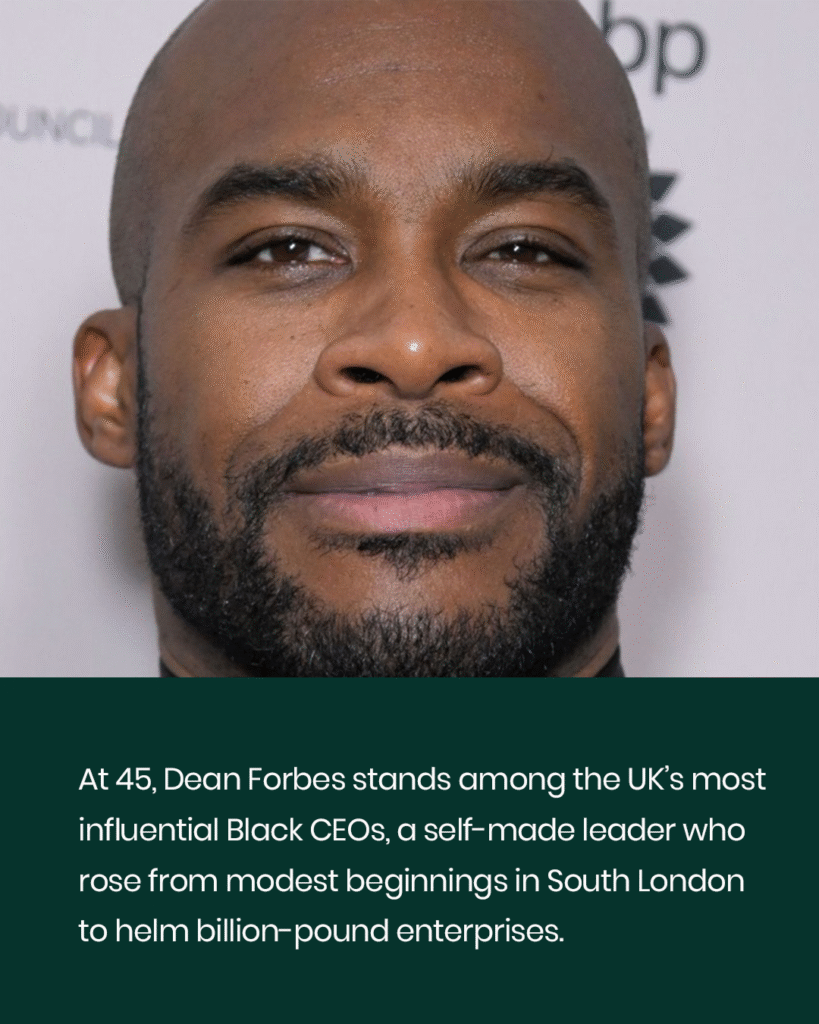
At 45, Dean Forbes stands among the UK’s most influential Black CEOs, a self-made leader who rose from modest beginnings in South London to helm billion-pound enterprises.
His rise was neither accidental nor linear. From sleeping on friends’ couches as a struggling young man to closing nine-figure deals, his journey is one of relentless ambition guided by purpose.
Forbes currently serves as CEO of Forterro, a European software company he has transformed into a major force in enterprise technology.
Under his leadership, Forterro has grown rapidly across multiple markets, combining local expertise with global innovation. His stewardship blends strategic foresight with human-centred leadership, a balance that many attribute to his remarkable record of repeat success.
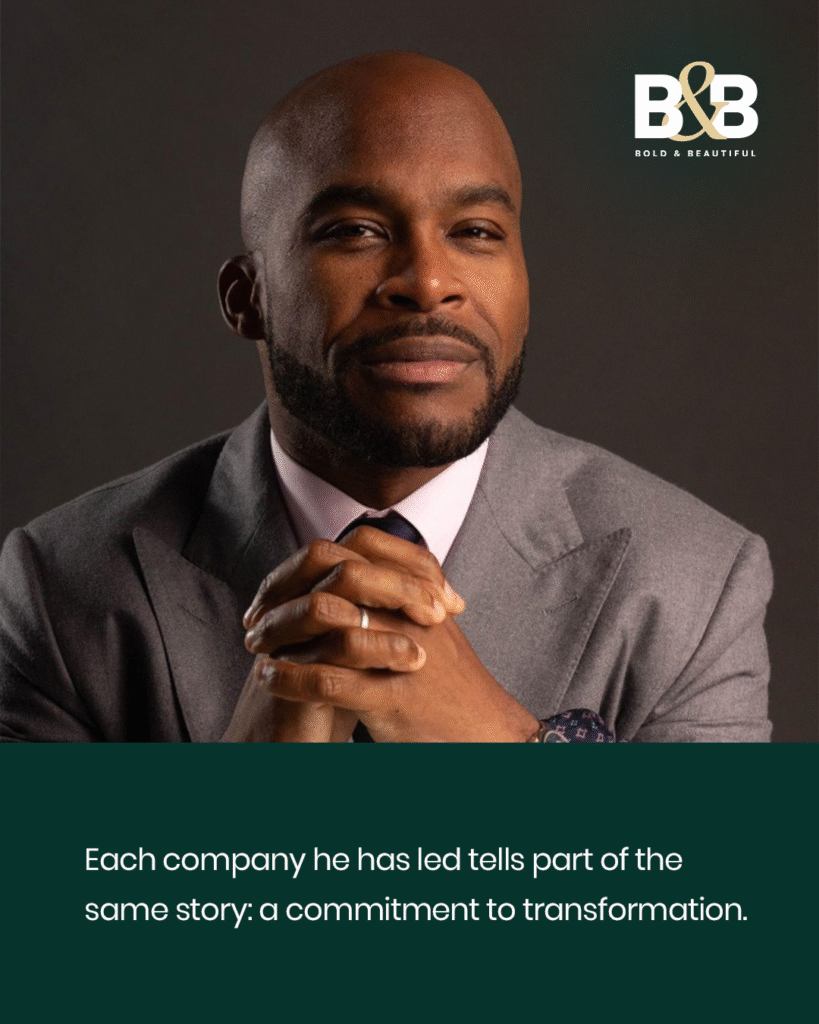
When asked what it takes to be elite, Forbes speaks with precision. “Being elite is not about being the smartest person in the room. It is about being the most consistent,” he once said in an interview. To him, excellence is not an event but a habit, built daily through resilience, emotional control, and the courage to make hard decisions with integrity.
His leadership philosophy is rooted in lived experience. Growing up in challenging circumstances, Forbes credits his mother’s work ethic and his early exposure to adversity for shaping his mental toughness. That foundation, he says, gave him the ability to lead under pressure and to turn setbacks into strategy.
Beyond business, Dean Forbes has become a voice for inclusion and opportunity in the tech industry. He is a strong advocate for diversity in corporate leadership and often invests his time and resources into mentoring young entrepreneurs, particularly from underrepresented backgrounds. His message to them is consistent: excellence must be earned, and true success must create value for others.
Each company he has led tells part of the same story, a commitment to transformation. Whether it was his early success with software firms like KDS or his later triumphs at CoreHR and Forterro, Forbes has built his legacy on recognising potential where others see risk. Investors call him a “closer.” Colleagues call him a “builder.” Forbes himself calls it discipline and vision.
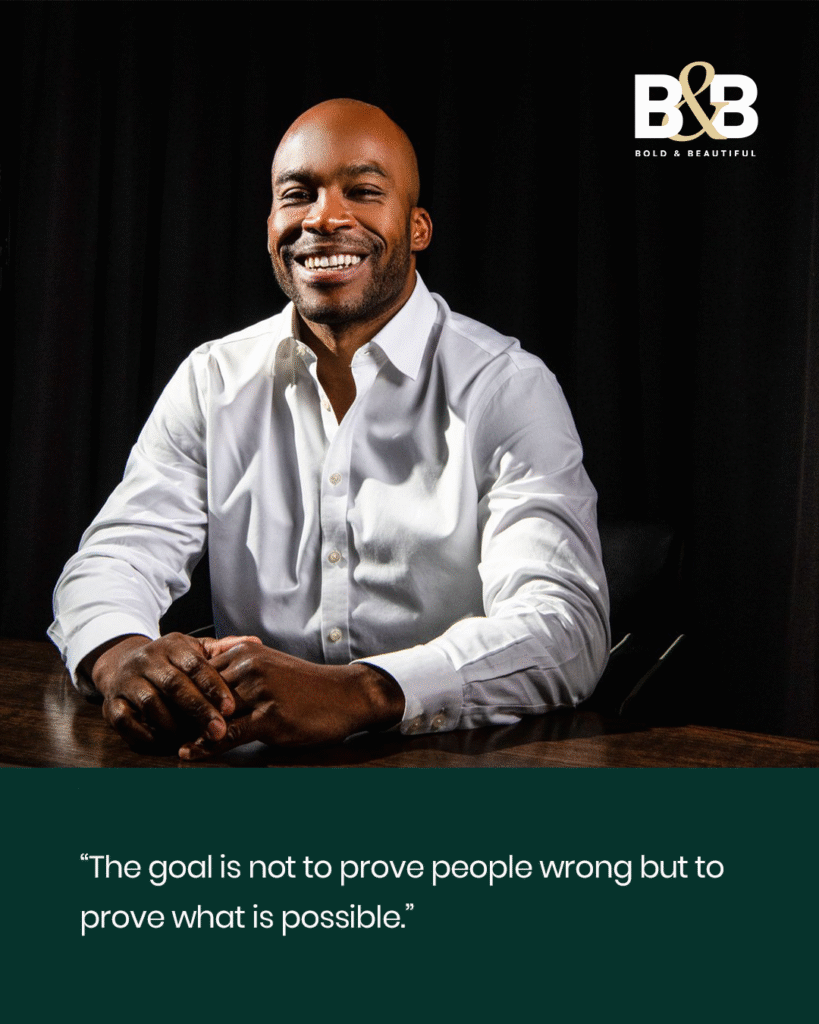
What distinguishes him from many of his peers is his refusal to detach success from purpose. He often speaks about using wealth as a tool for empowerment rather than validation. “The goal,” he says, “is not to prove people wrong but to prove what is possible.”

